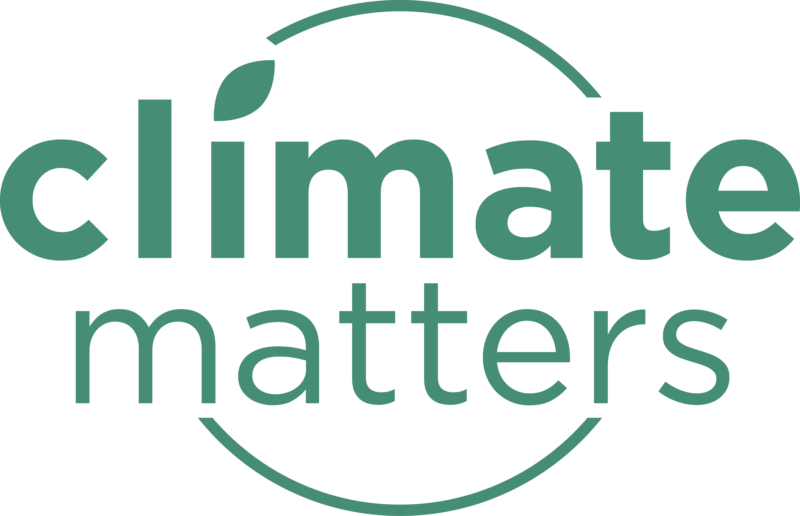Public protests “for future” as part of citizenship – children and scientists included
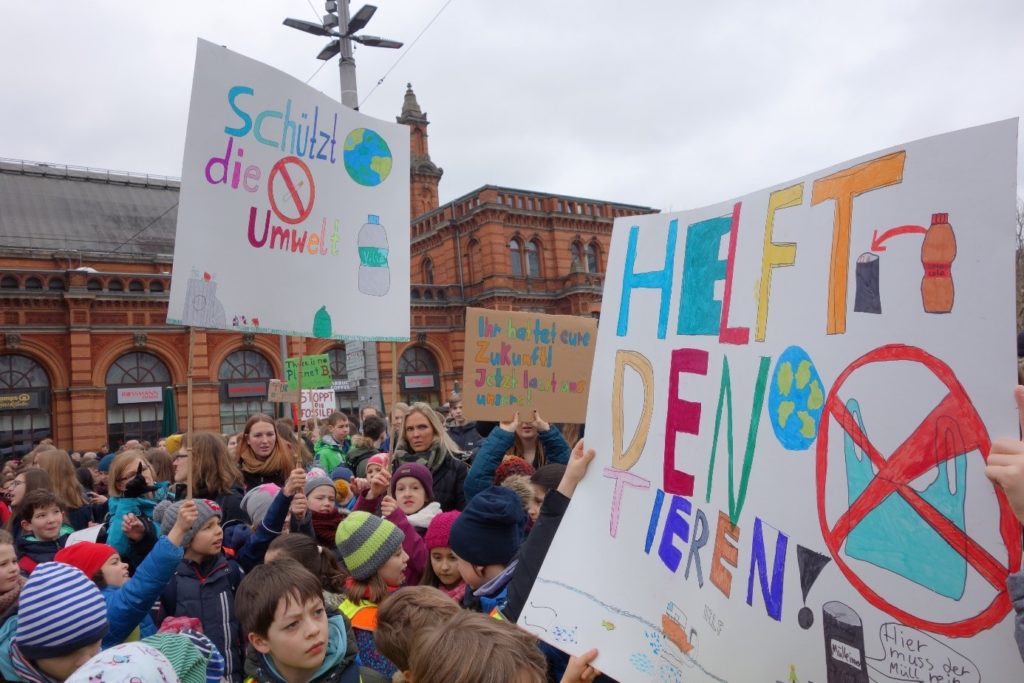
Today, I went to the streets with my ten-year-old son. It was his first protest march, and my second. We went with his elementary school class, loudly shouting: “don’t steal our future!” And while German politicians claim that they understand the children’s concerns, they also claim, more or less implicitly, that the children do not […]
First results from survey: What do people eat in Hamburg?
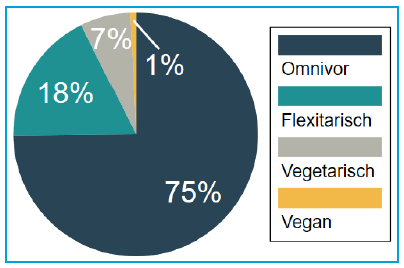
What kind of food do people in Hamburg usually eat, and do they link their daily consumption to sustainability? The sub-project from Prof. Stefanie Kley conducted a representative telephone survey with more than a thousand respondents in Hamburg from August to December 2018, dealing with the topics of food choice and nutrition. First results are […]
IPCC Report Trumps Trump: Climate Change on Twitter in 2018
While Donald Trump was responsible for most peaks in the Twitter debate on climate change in recent years, 2018 was different: a scientific report trumped Trump in triggering the most intensive Twitter debate related to climate change. As in previous years, we take a look at the Twitter data our Online Media Monitor (OMM) has […]
“Fridays for Future” – Can the next generation save our world?
Young people are often criticised as self-centred and politically disinterested. But recently, the next generation has been engaging more and more in climate politics, and their voice is getting heard – at least in media coverage.
My journey towards fair open access book publishing

As a former journalist I have always had an appreciation for the value of the written word. I have also always considered it an honour and a privilege to be published. I regarded authors to be the rightful owners of their text. In my world, you may give away texts as a present to your […]
COP24 – Paris 2.0?! Well, no.
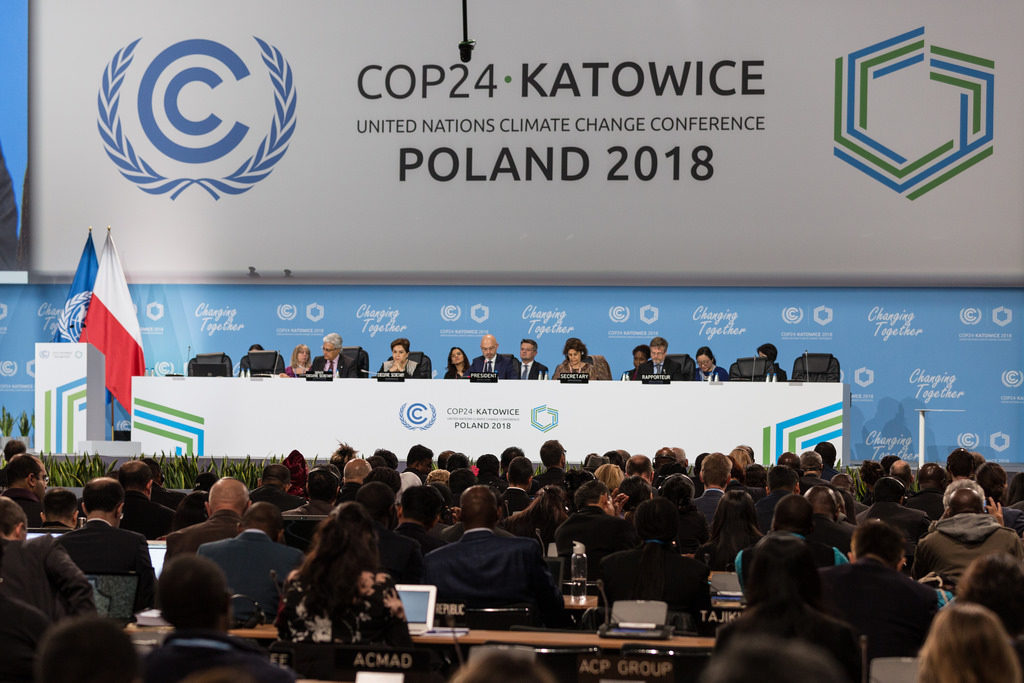
“The Conference of the Parties, Recalling the Paris Agreement, adopted under the Convention, Also recalling decisions 1/CP.21, 1/CP.22, 1/CP.23, 1/CMA.1 and 3/CMA.1, Further recalling decisions 6/CP.1, 6/CP.2, 25/CP.7, 5/…” [1] This is how ‘good’ stories start these days… if we consider ‘good’ to be the mere existence of a final document. In this light, on […]
First results of our new survey
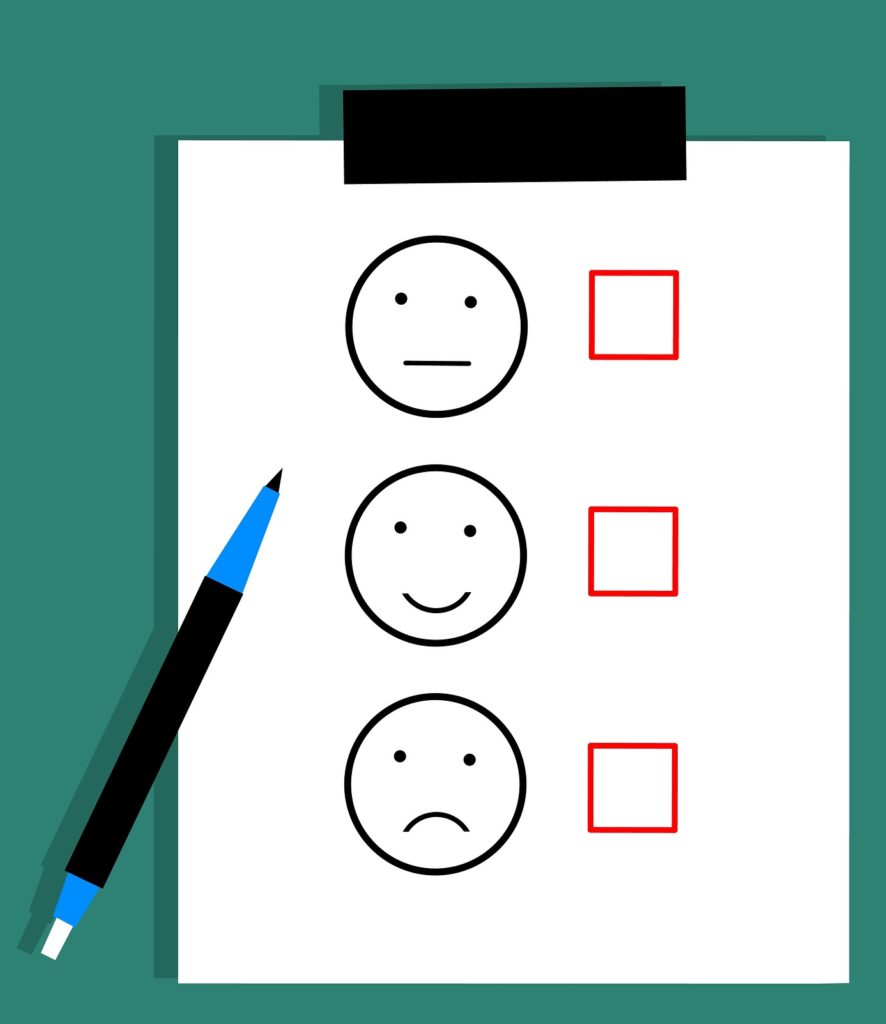
During the first week of the recent COP 24 in Katowice/Poland, we reran our survey from 2015 and questioned a sample of German nationals about their climate change knowledge and attitudes. The German newspaper DIE ZEIT published an article about our first results – here is a summary for our English speaking readers:
Coal vs. goals: unfortunate choice of decoration undermines credibility of negotiations at COP24
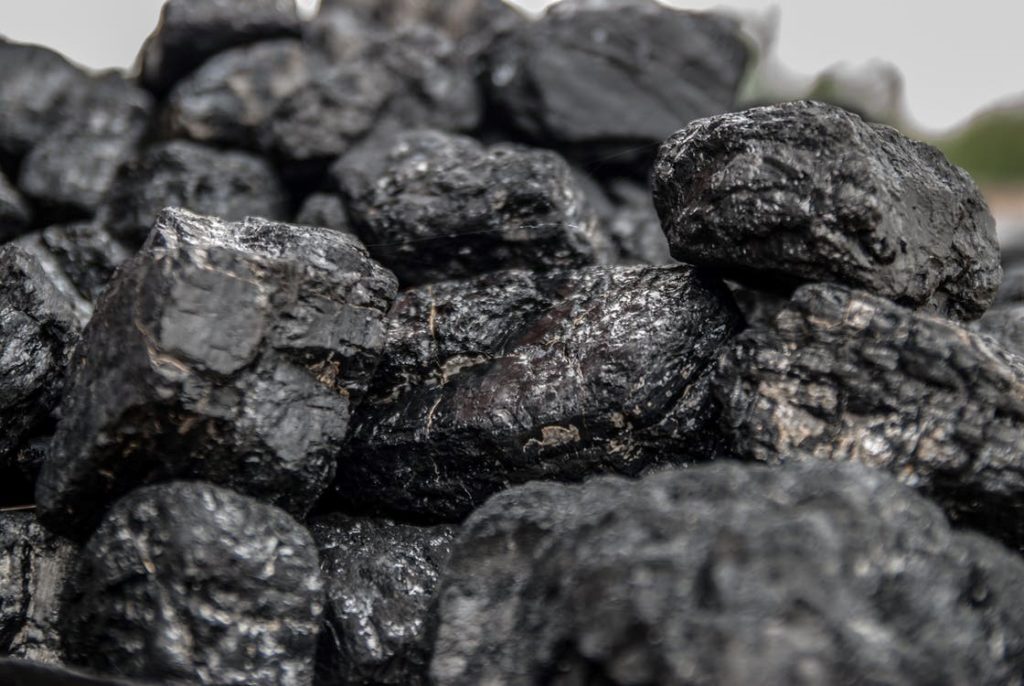
Efforts of the 24th Conference of the Parties (COP24) to the United Nations Framework Convention on Climate Change (UNFCCC) taking place in Katowice, Poland, between December 2nd and 14th are being overshadowed, quite literally, by a cloud of coal enveloping the conference center, which is located just 3 miles from the Wujek coal mine. Following […]
“Paris 2.0”? Why we are planning to rerun our survey from 2015
During this year’s climate conference in Katowice (Poland), we are going to rerun our Down to Earth quantitative survey from December 2015. By surveying another national German quota sample three years after our initial study, we want to examine long-term effects: Did the Germans’ knowledge or attitudes towards climate politics change in the meantime? How […]
Six theses for a constructive climate communication
In his column “On the subject” for the Deutsche Klima Konsortium (DKK), Prof. Dr. Michael Brüggemann presents six theses for a constructive climate communication. You can find the complete editorial here (in German only).
